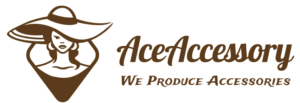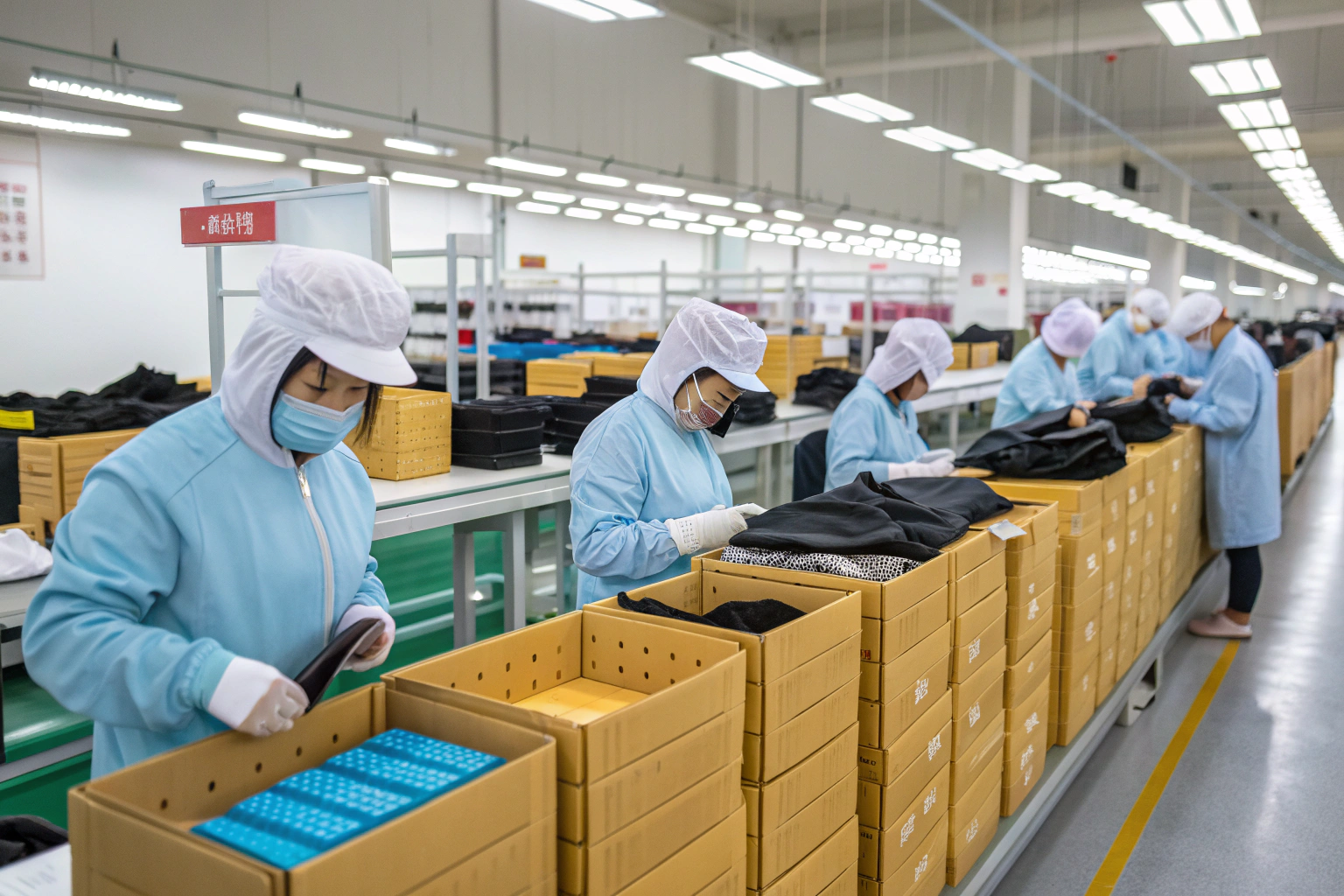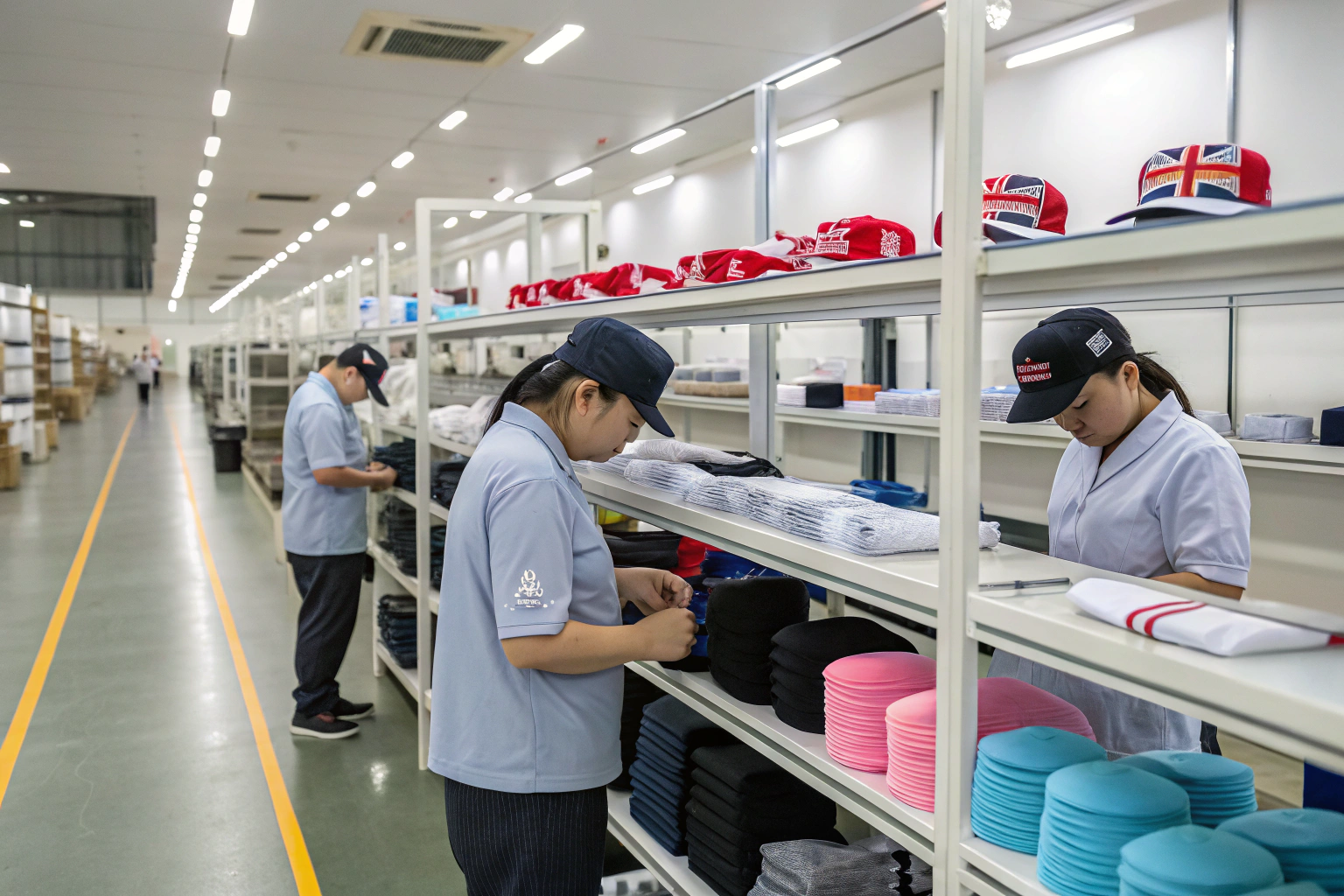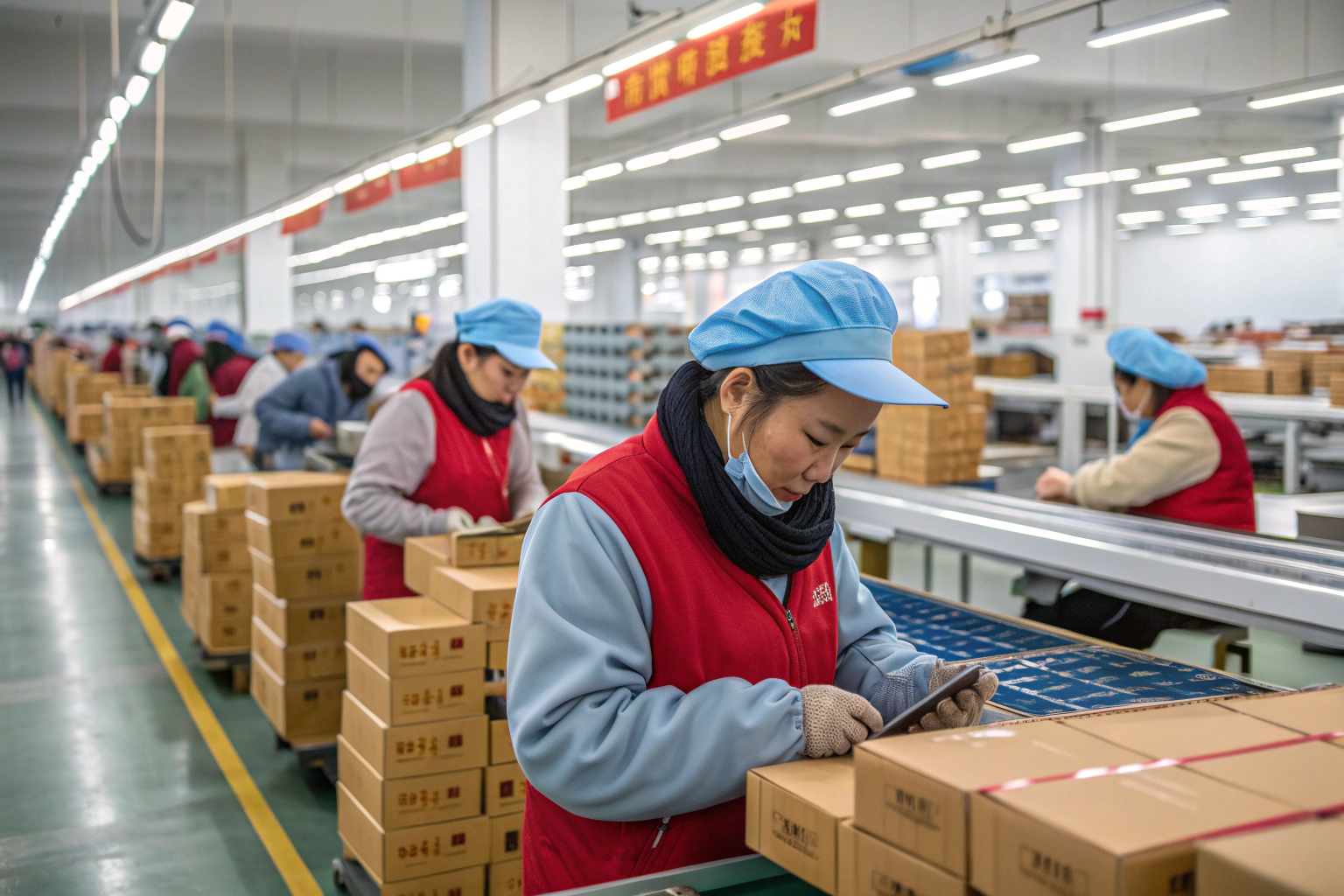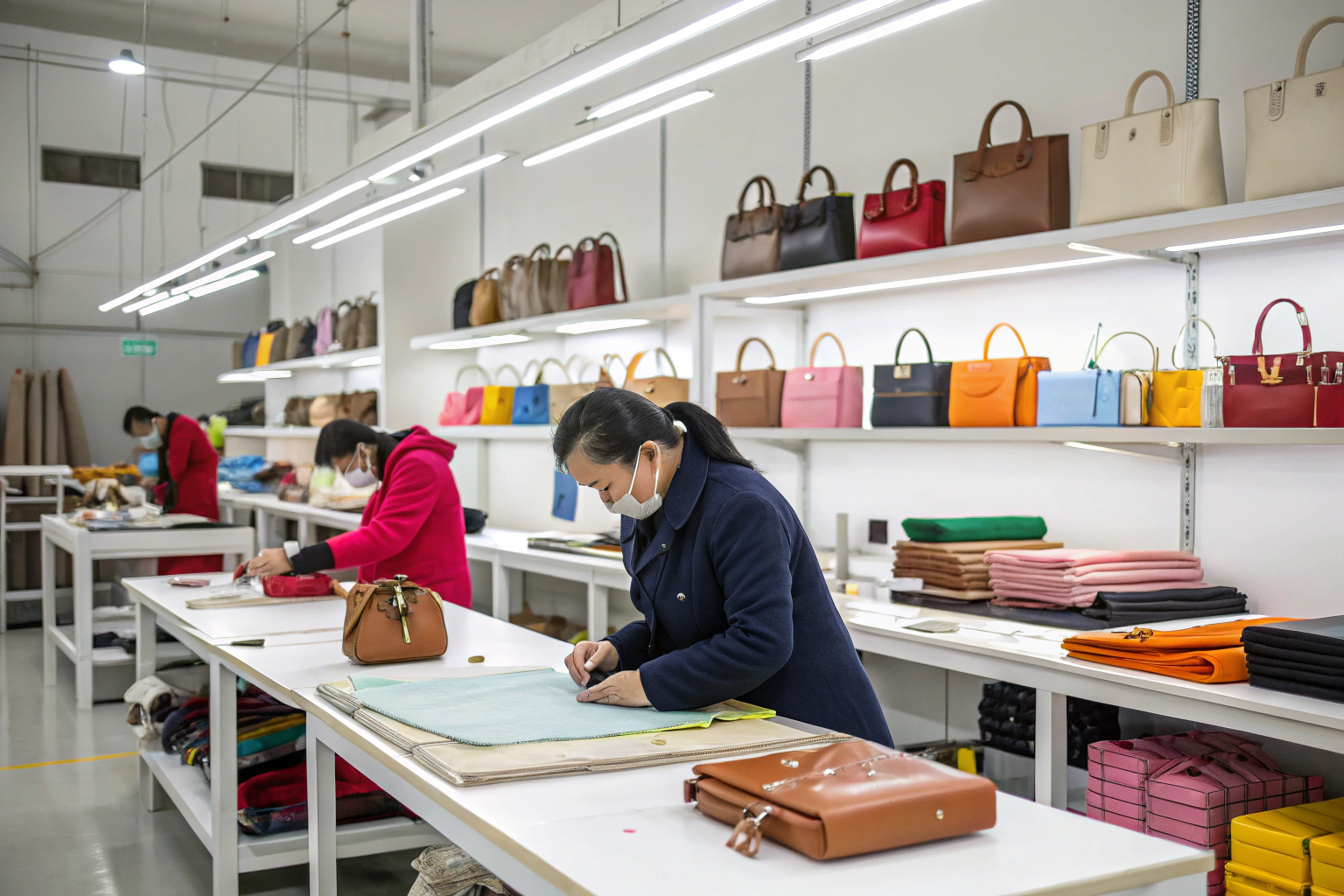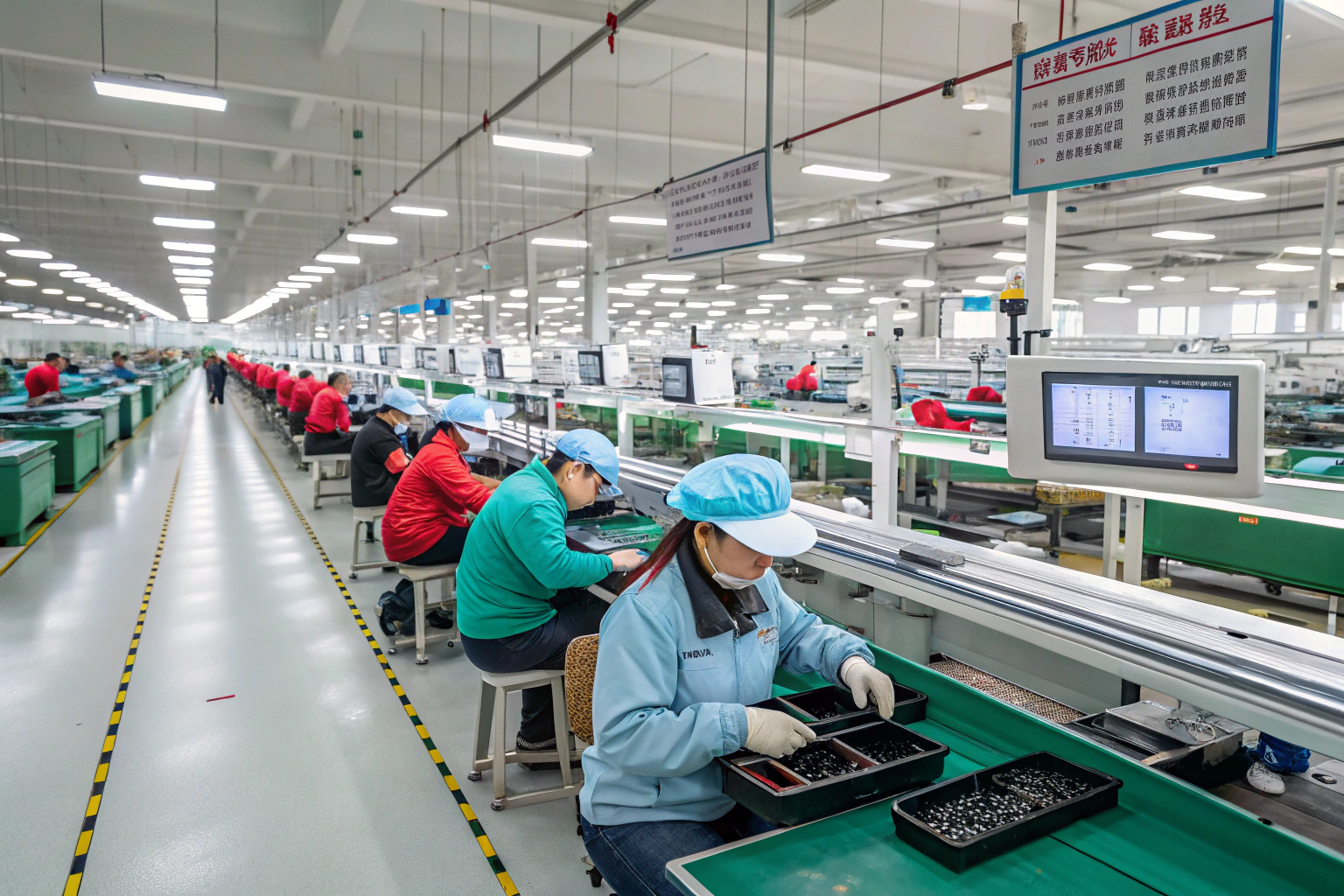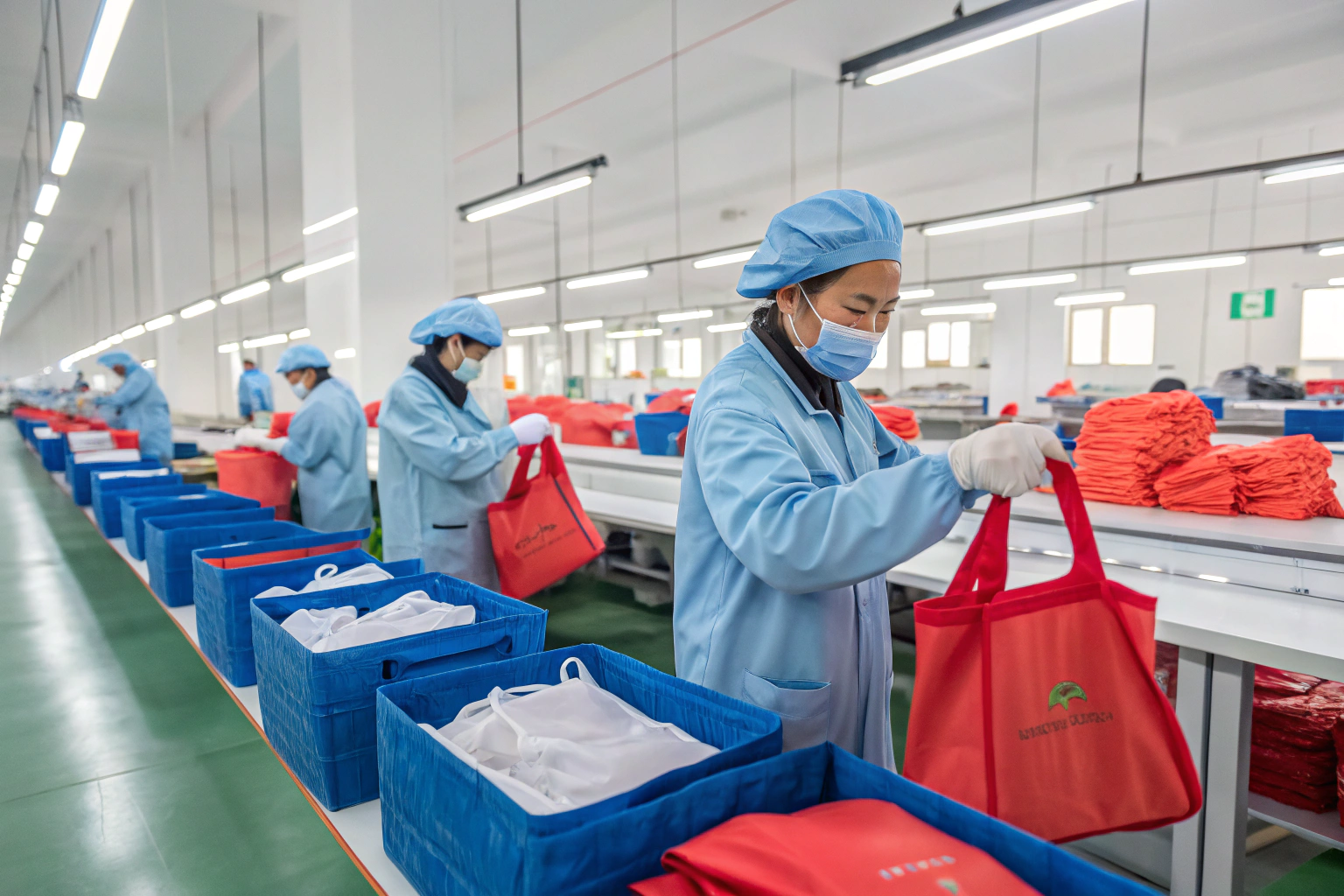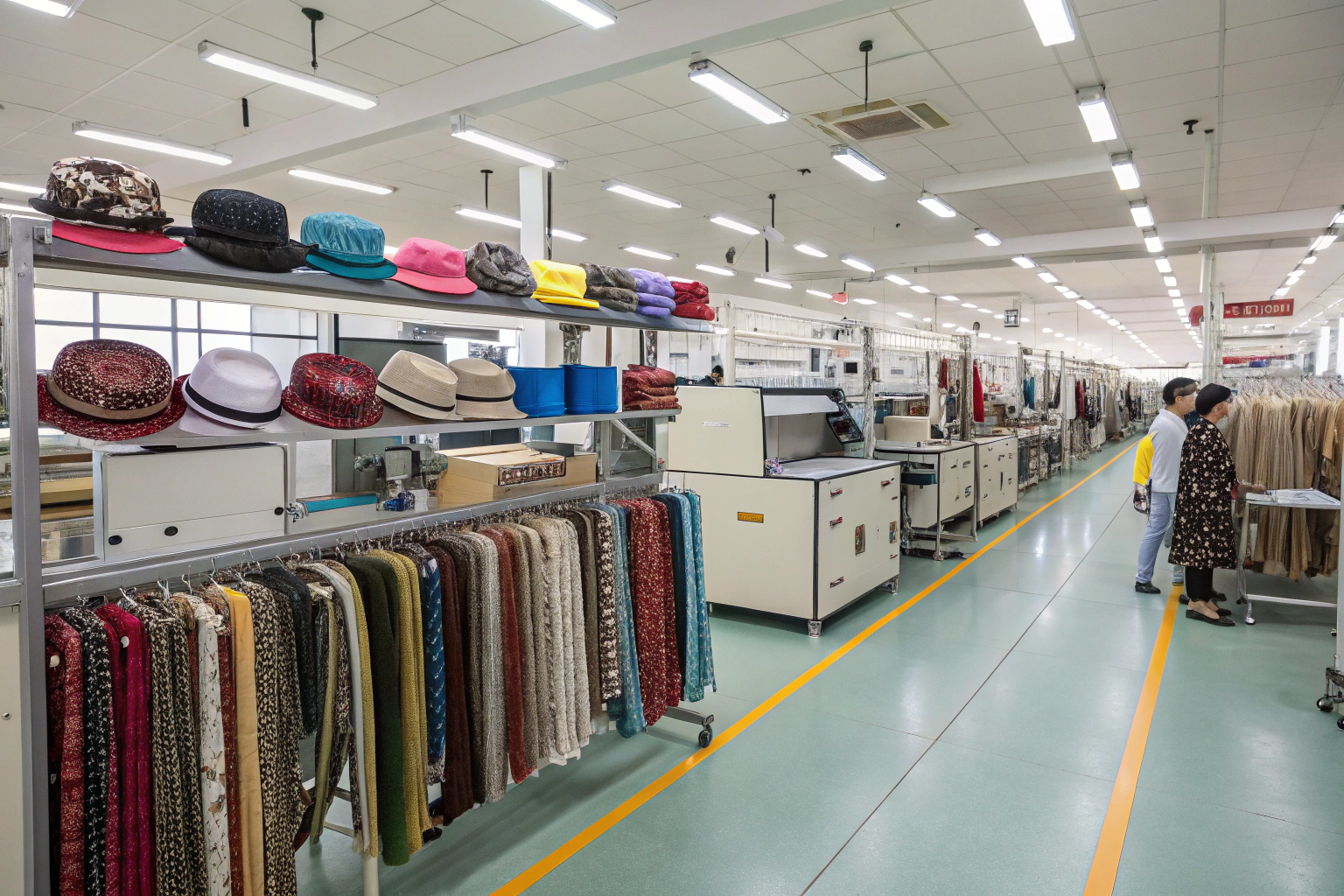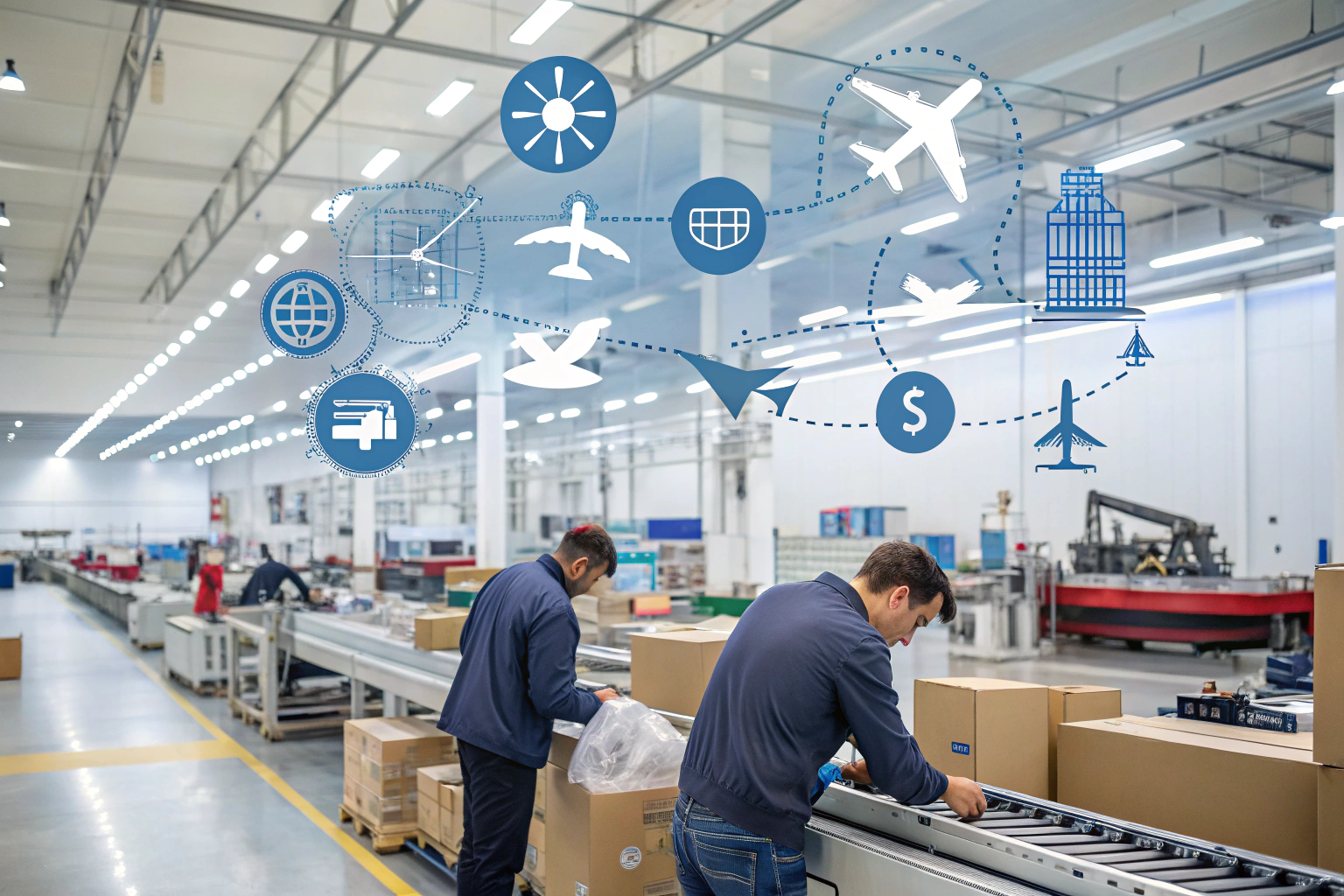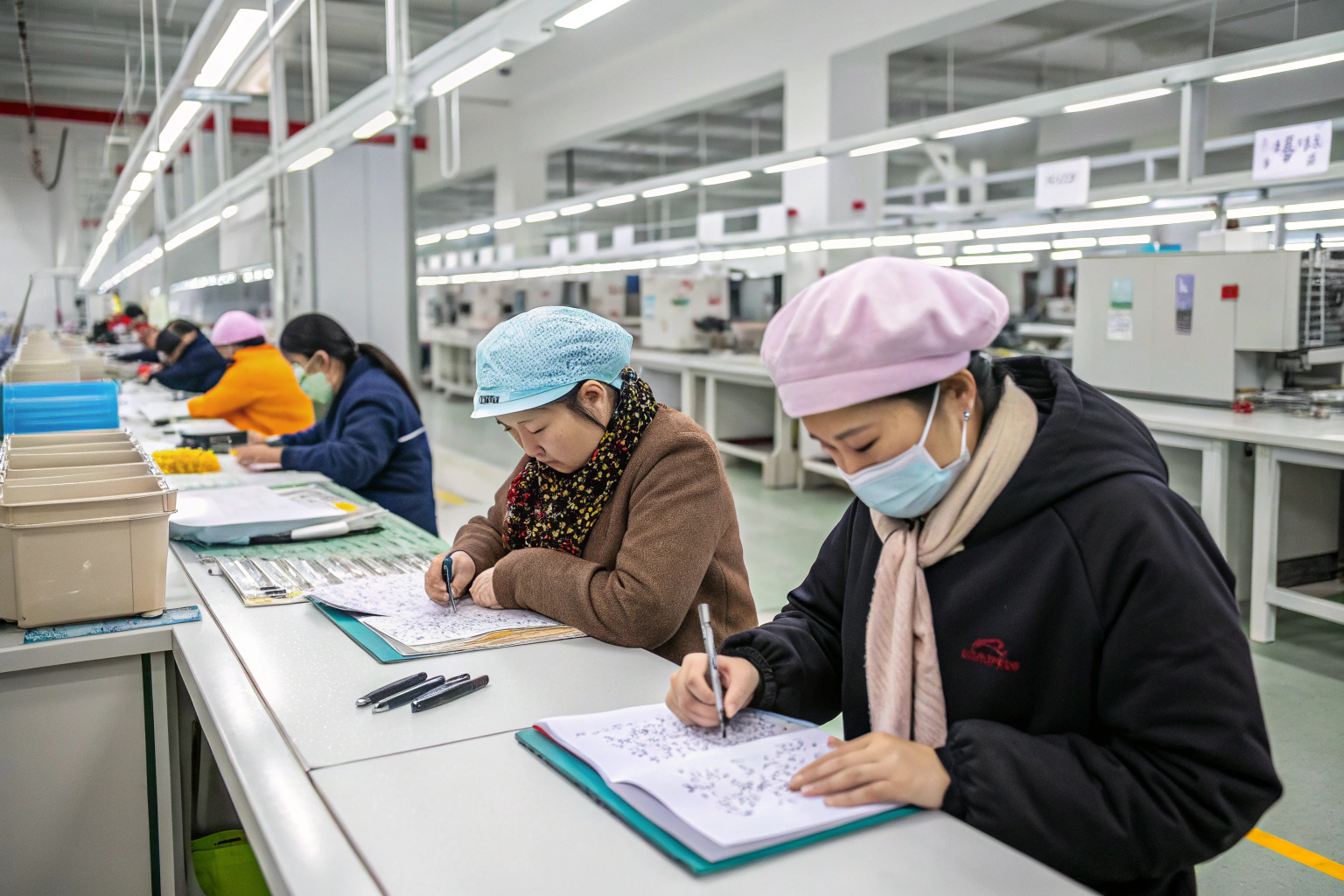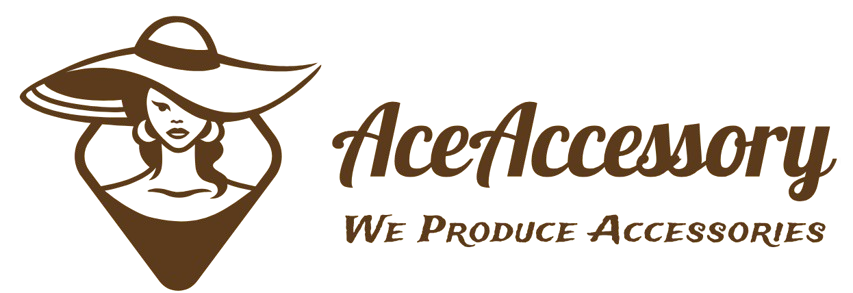Shipping fashion accessories from China to Australia offers lucrative opportunities, but strict biosecurity laws can quickly turn a smooth order into a costly delay if not followed. Many U.S. and European buyers are unaware of just how rigorous Australia’s standards are — and how they affect product design, packaging, and documentation.
Australia enforces some of the world’s strictest biosecurity rules to protect its unique ecosystem, and accessory shipments must meet these standards before entry. This includes material safety verification, correct fumigation, and the absence of prohibited plant or animal materials.
If you’ve ever faced a shipment rejection, you know the damage it causes — frustrated clients, extra storage costs, and even permanent loss of a retail season. That’s why, at AceAccessory, we’ve developed systems to ensure every order meets Australia’s rules before leaving our Zhejiang factory.
Understanding Australia’s Biosecurity Import Conditions
Australia’s Department of Agriculture, Fisheries and Forestry (DAFF) uses the Biosecurity Import Conditions (BICON) system to decide what is allowed into the country and under what conditions.
BICON outlines product-specific import requirements, covering materials, treatments, and declarations. Accessories containing natural fibers, leather, straw, or wooden parts may require fumigation, disinfection, or manufacturer declarations.
Failure to meet these requirements can mean your goods are held at the border. We regularly check the BICON database before production to avoid surprises.
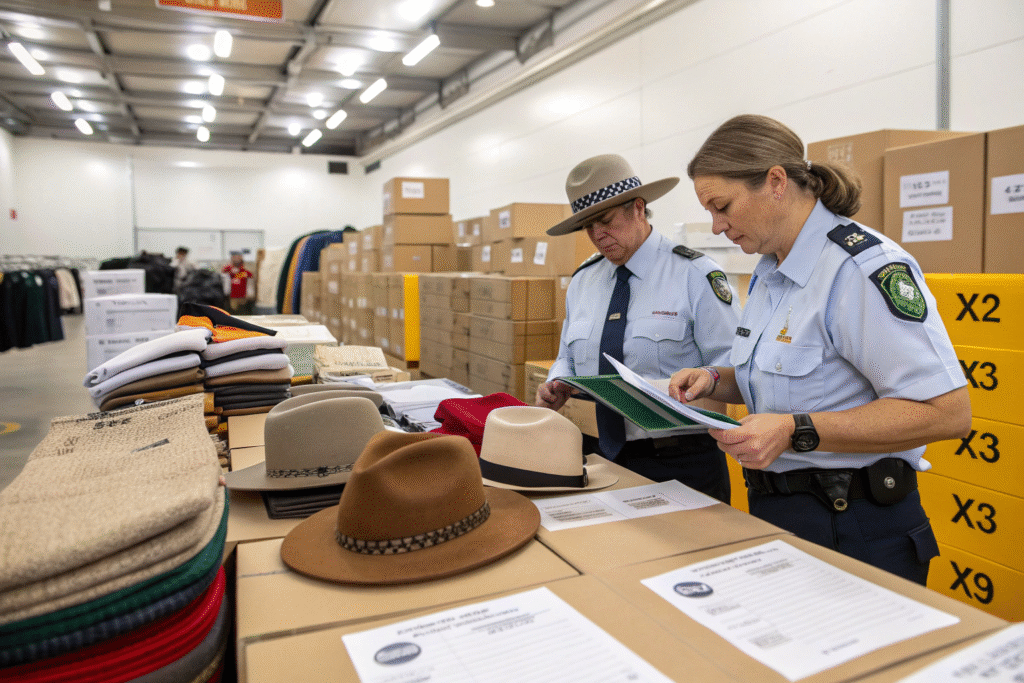
What items trigger stricter inspection?
Accessories made with untreated plant-based materials such as straw hats or rattan bags often face more scrutiny. If these materials aren’t properly treated and documented, Australian customs may reject them outright.
To mitigate this risk, we work with certified treatment providers and ensure that every product has a fumigation certificate recognized by DAFF.
How to prepare your factory for BICON compliance?
Train your QC team to identify restricted materials before production begins. Use checklists aligned with BICON requirements, and keep digital copies of all certifications ready for submission. This proactive approach reduces the risk of last-minute customs delays.
Choosing the Right Materials for Biosecurity Safety
Material selection is a critical step in avoiding biosecurity issues.
By choosing synthetic or pre-treated natural materials, we eliminate many inspection challenges at the Australian border. For example, synthetic straw alternatives allow us to meet design needs without the risk of pest contamination.
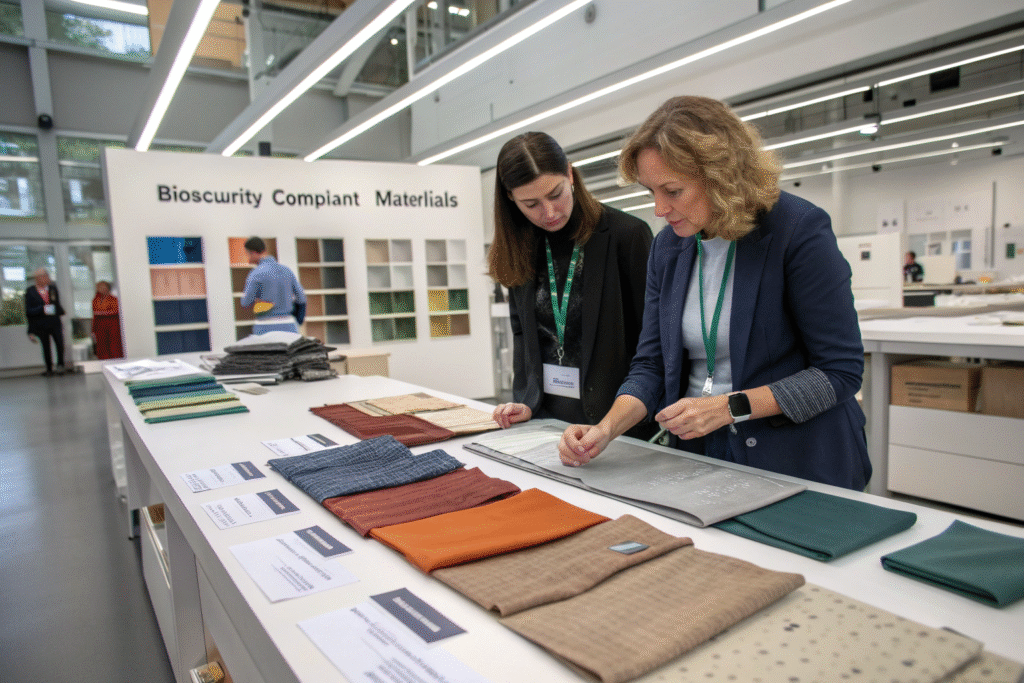
Are synthetic materials better for Australian imports?
Yes, in many cases. Synthetic fibers, PU leather, and man-made textiles rarely require fumigation or special certification. They also reduce environmental risks, making them a safer choice for both compliance and sustainability.
When a client wants the natural look, we often recommend treated rattan or FSC-certified wood, which meets Australia’s quarantine requirements and retains the desired aesthetic.
Learn more about FSC certification and why it’s essential for sustainable trade. Another useful guide is the Australian Government's packaging requirements.
Can untreated natural fibers be made compliant?
Yes, but it requires additional processing. For instance, natural straw can be heat-treated or chemically fumigated to meet standards. However, this adds time and cost. We advise clients early in the design phase to factor in treatment lead times when planning seasonal launches.
For more details, check the FAO’s ISPM 15 guidelines and Australian quarantine treatment processes.
Packaging and Labeling for Quarantine Clearance
Even compliant materials can face delays if the packaging is wrong.
Australia prohibits packaging made from untreated wood, straw, or other organic matter. All outer packaging must be clean, pest-free, and clearly labeled.
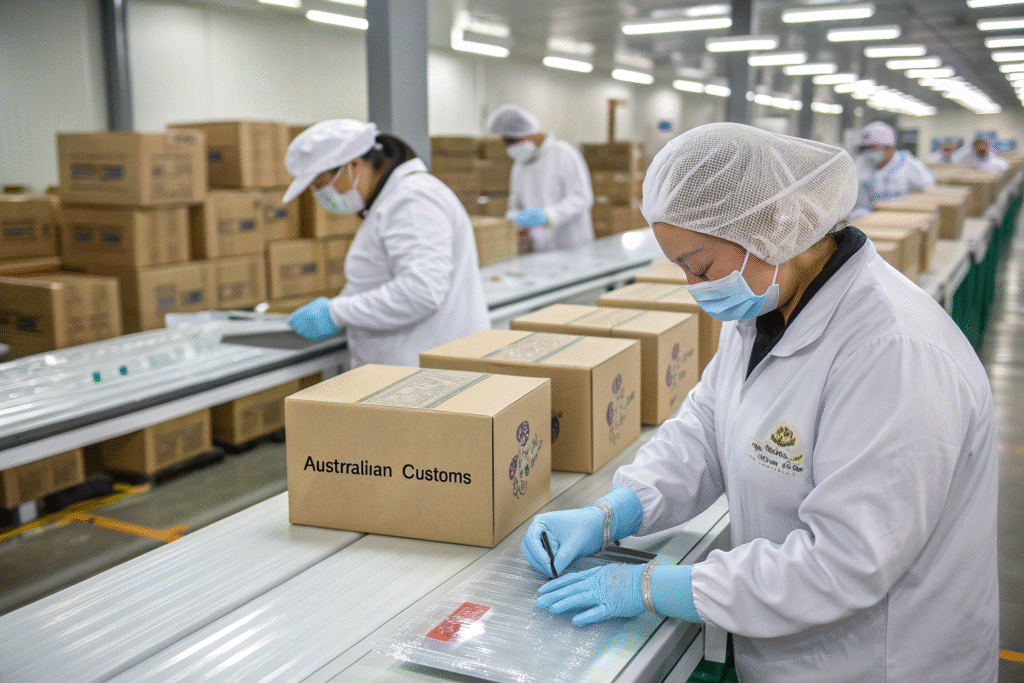
What packaging materials are allowed?
Corrugated cardboard, treated plywood, and certified ISPM 15 wooden pallets are acceptable. Avoid raw wood and organic fillers like straw or hay. We source all packaging from suppliers with valid treatment certificates, ensuring every shipment meets ISPM 15 standards.
See ISPM 15 regulations and the Australian packaging compliance guide for more information.
Why is labeling so important for biosecurity?
Clear, accurate labeling speeds up customs checks. Each box should display product descriptions, HS codes, treatment details, and origin country. We also attach a packing list to every carton so customs officers can identify contents without opening each package.
We also recommend reading Australian HS code search to ensure correct classification.
Documentation and Certification Requirements
Paperwork is as important as the product itself.
Australian customs require precise documentation to confirm compliance, and missing or inaccurate paperwork can cause immediate shipment holds.
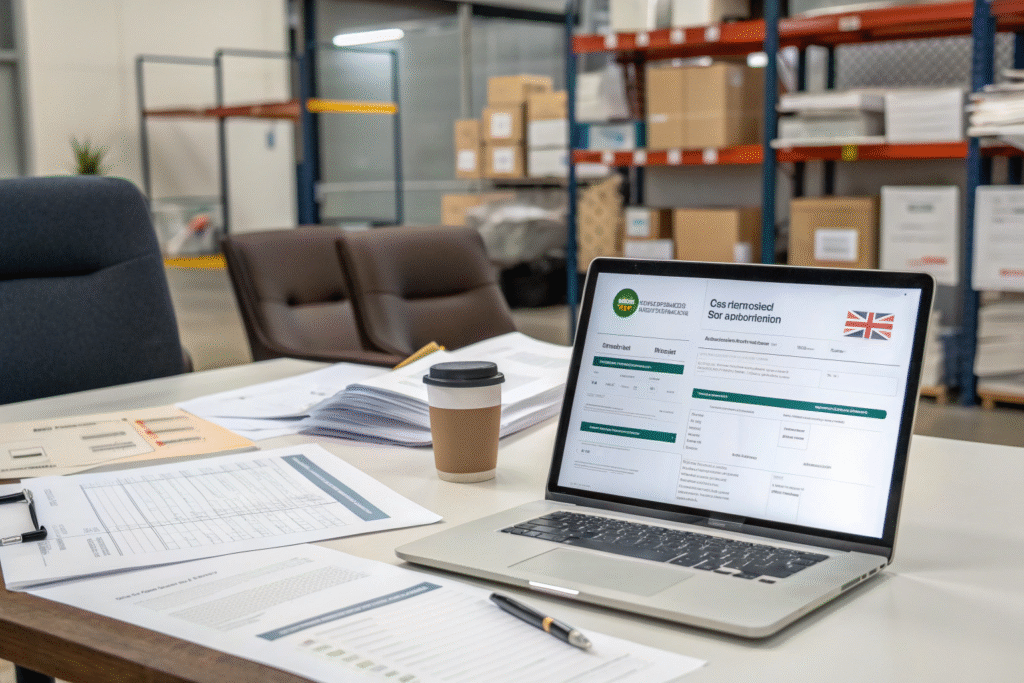
Which documents are essential for accessory imports?
Common requirements include a commercial invoice, packing list, fumigation certificate, treatment declaration, and in some cases, a manufacturer’s statement of compliance. We prepare these documents in both physical and digital formats for faster processing.
You can view a sample commercial invoice template and treatment declaration form online.
How can you avoid paperwork errors?
We use a double-verification system. Our project managers cross-check every document against BICON guidelines before shipment. We also maintain a direct communication channel with our Australian import partners, so any updates in requirements are quickly integrated into our process.
We also recommend using digital export documentation tools and checking Australian import updates regularly.
Conclusion
Ensuring biosecurity compliance for accessories shipped to Australia is not just about meeting legal obligations — it’s about protecting your delivery timelines, client relationships, and brand reputation. By understanding BICON rules, selecting compliant materials, using safe packaging, and preparing complete documentation, you can guarantee smooth customs clearance.
If you’re looking for a reliable partner who understands both fashion trends and strict import laws, AceAccessory is ready to help. Contact our Business Director, Elaine, at elaine@fumaoclothing.com to discuss how we can produce your accessories and ship them to Australia without the stress of compliance issues.
